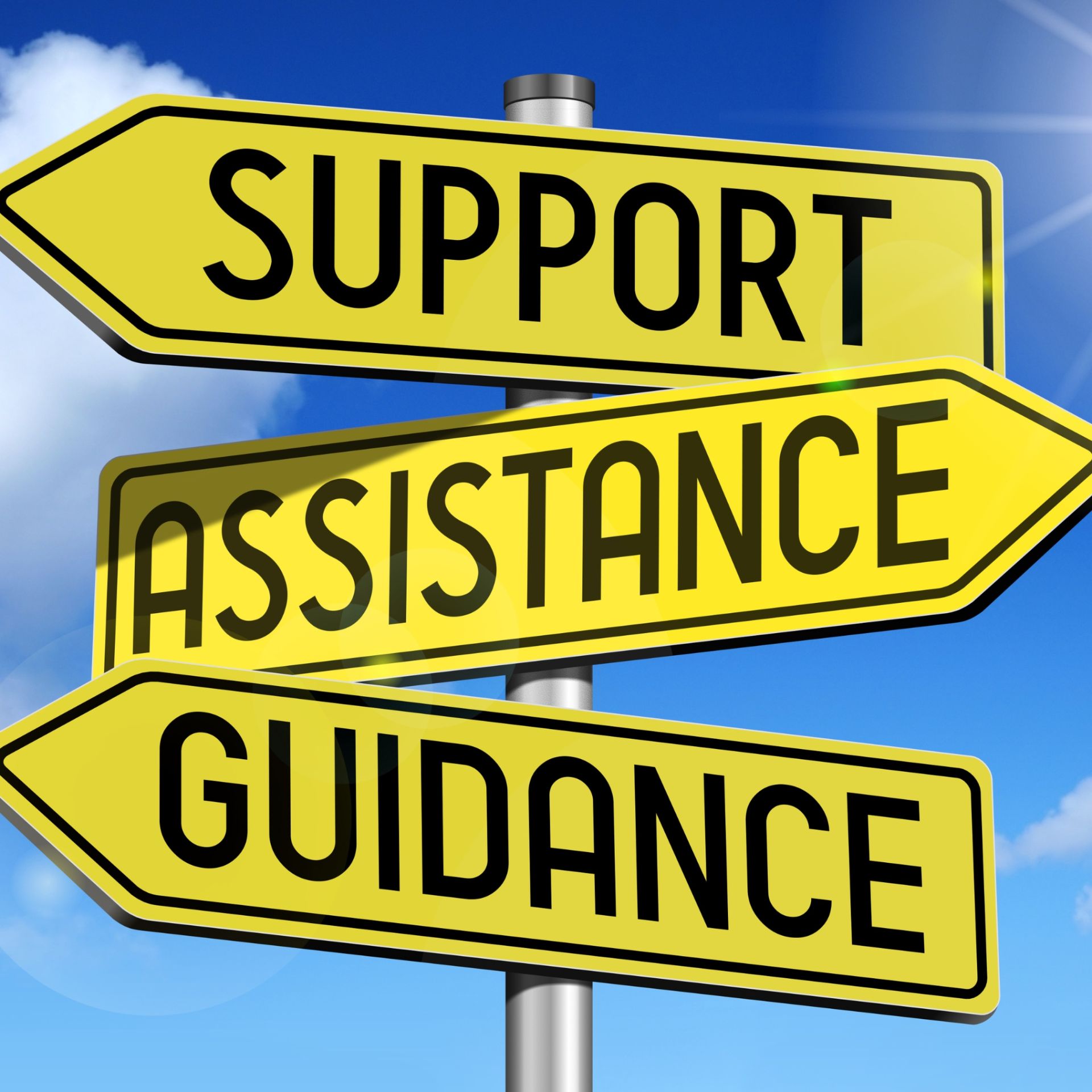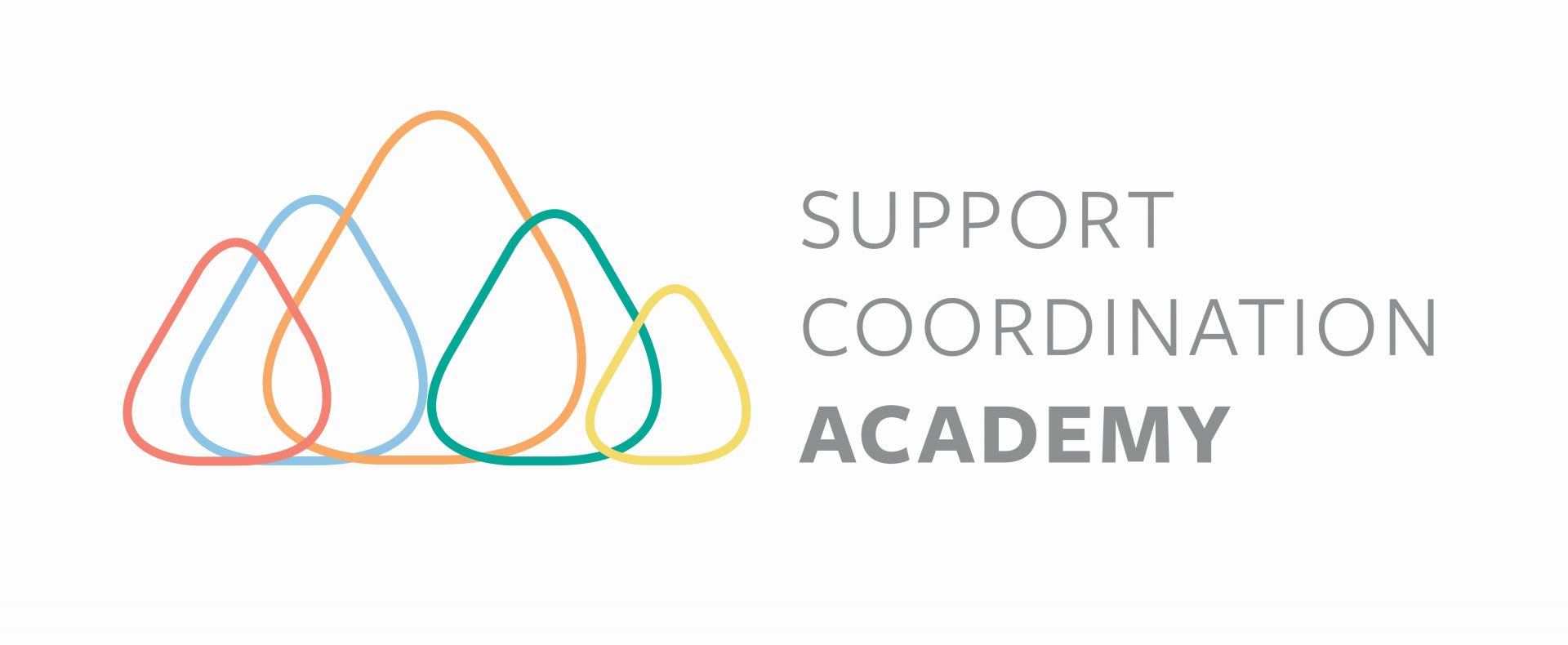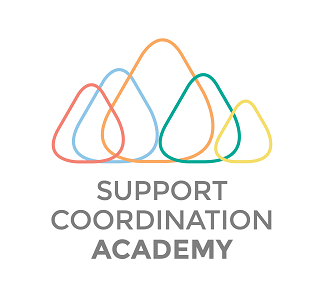Futures Planning: Supporting Participants to Transition Beyond School
Sep 11
/
Mary Ingerton

Leaving school is a milestone for every young person, but for those with disability, it can also be daunting. Navigating new systems, building independence, and planning for work or study often requires extra support. That’s where futures planning comes in.
At Support Coordination Academy, we focus on helping Support Coordinators and families create clear, practical pathways for young people as they transition into adulthood.
What is Futures Planning?
When done well, futures planning:
The Role of Families
The Role of Support Coordinators
NDIS Supports for Transitions
Each support is designed to build independence, confidence, and inclusion, and provides clear boundaries around what the NDIS does and doesn’t fund.
Creating a Strong Transition Plan
Key steps include:
Final Thoughts
At Support Coordination Academy, we believe every young person deserves a future built on confidence and choice.
Help Is at Hand
Sign up to our newsletter to become part of our Support Coordination Community.
About the Author
At Support Coordination Academy, we focus on helping Support Coordinators and families create clear, practical pathways for young people as they transition into adulthood.
What is Futures Planning?
Futures planning is about looking ahead and setting out a roadmap for life after school. It’s not just about jobs, it includes independence, friendships, and community participation.
When done well, futures planning:
• Builds independence through skills like travel training and money management.
• Promotes confidence by exploring opportunities early.
• Strengthens NDIS planning with clear evidence of goals and supports needed.
• Without it, families may feel overwhelmed or miss opportunities.
The Role of Families
Families are central to successful transitions for their young person. They:
• Vision what life after school could look like including work, study, relationships, independence.
• Encourage by celebrating strengths and milestones.
• Partner with Support Coordinators, schools, and providers to connect supports.
• Provide a safety net by balancing aspirations with safeguards.
The Role of Support Coordinators
Support Coordinators turn vision into action by:
• Educating families on futures planning and NDIS options.
• Building capacity so families think long-term and young people voice their own aspirations.
• Coordinating supports that align with individual goals.
• Developing a transition plan with short, medium, and long-term milestones.
• Monitoring progress and adapting as needs evolve.
NDIS Supports for Transitions
The NDIS can fund a wide range of supports to assist young people who need extra support to transition confidently into adult life. These include:
• Specialised Supported Employment – for participants who need frequent prompting and coaching
to stay on track, to effectively communicate with others or manage their behaviours e.g. on-the-job
support and training, personal care, assistive technology, behaviour support, job customisation etc.
to stay on track, to effectively communicate with others or manage their behaviours e.g. on-the-job
support and training, personal care, assistive technology, behaviour support, job customisation etc.
• Employment Related Assessment, Counselling and Advice – includes employment related
assessments, counselling and advice to assist participants to successfully engage in work.
assessments, counselling and advice to assist participants to successfully engage in work.
• Employment Assistance including youth aged 15 to 25 – supports a participant to successfully obtain
or retain employment in the open or supported labour market.
or retain employment in the open or supported labour market.
• Further Education and Training – assistance with personal care, assistive technology, transport
support.
support.
• Community Participation – skill development e.g. travel training, money management, teamwork,
decision-making.
decision-making.
• Social and Recreational Supports – supports to enhance inclusion e.g. in sports, hobbies, and
community activities.
community activities.
• Improved Daily Living – allied health therapy to improve functional capacity e.g. occupational
therapy, speech therapy, psychology.
therapy, speech therapy, psychology.
• Other Capacity-Building Supports – support coordination and behaviour support.
Each support is designed to build independence, confidence, and inclusion, and provides clear boundaries around what the NDIS does and doesn’t fund.
Creating a Strong Transition Plan
A successful transition plan is person-centred, collaborative, practical, and flexible. It should be regularly reviewed and updated as the young person grows.
Key steps include:
• Start early (ideally in Years 10–12) with visioning conversations.
• Map out stages: short-term (work experience, therapy), medium-term (volunteering, courses),
long-term (employment, independence).
long-term (employment, independence).
• Clarify supports including what’s NDIS-funded vs. mainstream/government services vs what’s
available within their broader community.
available within their broader community.
• Collaborate with the participant’s support network e.g. schools, families, providers, and community
groups.
groups.
• Embed skill-building in everyday routines.
• Monitor and revise regularly, celebrating achievements along the way.
Final Thoughts
Futures planning isn’t just a process; it’s about empowering young people with disability to thrive beyond school. With the right mix of family vision, Support Coordinator guidance, and NDIS supports, transitions can open doors to independence, community, and meaningful opportunities.
At Support Coordination Academy, we believe every young person deserves a future built on confidence and choice.
Help Is at Hand
Supporting futures planning takes skill, reflection, and collaboration. If you need support in strengthening your practice, contact us. Our team of experienced professionals can guide you with resources, coaching, and practical strategies tailored for Support Coordinators.
Sign up to our newsletter to become part of our Support Coordination Community.
About the Author
Mary Ingerton is the Managing Director of Support Coordination Academy. She has spent over 20 years coaching and mentoring professionals to deliver values-led, rights-focused support. If you’re seeking to grow your skills in futures planning, informed choice, or ethical practice in Support Coordination, Mary and the team at SCA are here to help.


